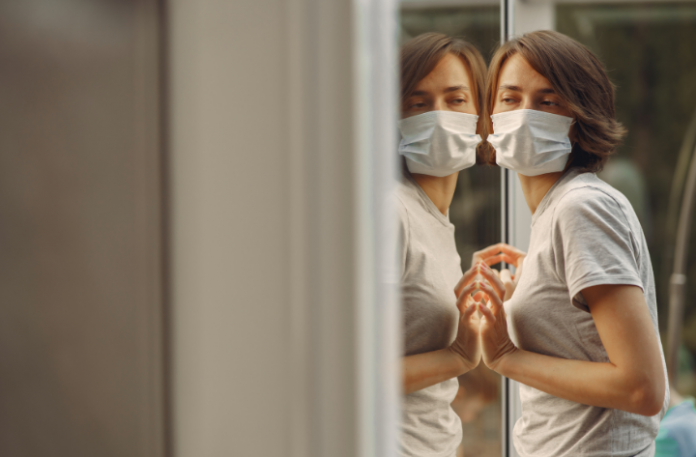Theodore Roosevelt once said, “The more you know about the past, the better prepared you are for the future.”
We face an awful choice in light of the Covid-19 pandemic: Should we risk the lives of millions of people by reopening economies too soon or risk the livelihood of millions by opening the economy too late?
Both scenarios risk damaging people’s mental health.
One research model suggests as many as 150,000 additional people could die from mental health-related outcomes of Covid-19, in the United States alone.
We know that when a person’s mental health is good, they can usually cope with and bounce back from whatever life throws at them. But when mental health is poor, it can be difficult to function day to day and it may take longer to recover. Protecting and strengthening the mental health of people (especially the vulnerable ones) is more critical now than ever.
Over the last six months, the Covid-19 pandemic has generated massive losses in wellbeing around the world – through greater mortality rates, widespread suffering, higher unemployment and rising poverty.
The Black Dog Institute estimates of between 25 per cent to 33 per cent of the community are experiencing high levels of worry and anxiety during Covid-19.
In April, more than 122 million people lost their jobs in India; up to 20.5 million Americans lost jobs at this time; up to 59 million jobs are at risk in the EU.
The International Labour Organisation estimates a 14 per cent drop in global working hours in Q2, 2020, which is the equivalent of 400 million full-time job losses globally.
In 2008, the Great Recession ushered in a 13 per cent increase in suicides attributable to unemployment with over 46,000 lives lost due to unemployment and income inequality in that year alone.
Unemployed people are also 2–3 times more likely to die by suicide compared to those who are employed (Haw C, Hawton K, Gunnell D, Platt S).
Research into the “statistical value of life,” (how much people are willing to pay to reduce their risk of death – for example, by buying safety equipment such as airbags) and how it’s used to help calculate the “social cost” of a person becoming infected with Covid-19 (given each person passes the virus on) suggests the social cost is now close to $55,000.
One could say that when the virus was first brought to us, it imposed a social cost of trillions of dollars on us. Now, an additional infection costs more like $55,000.
If we as a society had been able to better contain the virus, the cost would have been lower. If we let it spread, the cost will be higher.
So, should we risk lives or livelihoods, mortality or poverty, a public health fallout or averting an economic depression? Was / is the economic cost of lockdown worth it?
The right strategy will vary. A short, sharp, early lockdown might stamp out the virus and allow life for everyone to continue as normal and preserve the economy. Longer lockdown may be necessary when the health system is threatened; this might prevent huge loss of life across all diseases. A lockdown to give time to establish other more nuanced systems to be put in place effectively also has value. Even if the number of life years saved by these strategies and lockdown is the same, these strategies, when implemented well, are preferable. That’s because they impose fewer costs: economically, socially, and in lost freedom.
The coronavirus crisis has made clear just how inextricable mental health is from physical health. You cannot talk about a lack of personal protective equipment (PPE) without talking about the mental health repercussions, and you cannot talk about patients who are dying of COVID-19 without talking about grief. You also cannot talk about unemployment or social isolation without talking about anxiety and depression.
By examining the behavioural health impact of the Great Recession and other large-scale disasters, we can mitigate the negative impact to society from further economic loss and human suffering. Special attention should be paid to vulnerable groups both in regard to preventing harmful emotional repercussions of the pandemic, but also to provide the necessary assistance. The health authorities and governments should strategise to alleviate the mental burden of the Covid-19 pandemic by providing emotional support to the entire population, but particularly to vulnerable individuals.
Instead of looking at the post-Covid-19 mental health future through a lens of doom, let’s use this moment to push our politicians for changes that will destigmatise mental illness and boost the mental health support that is so sorely needed.
_______________
Dr Kaushik Sridhar is an experienced and purpose-driven sustainability leader. In 2020, he was named among the “40 Under 40 Influential Asian-Australians”, and also ranked #8 in Assent Compliance’s Top 100 Global Corporate Social Responsibility Leaders.





